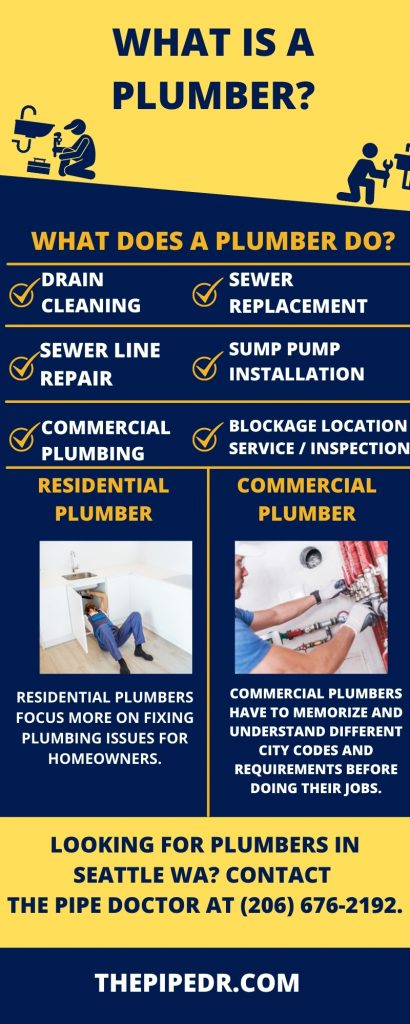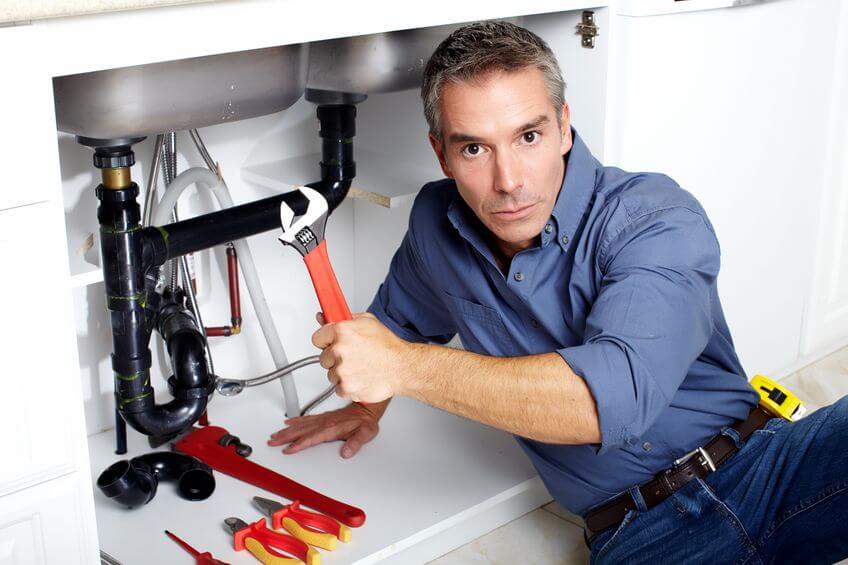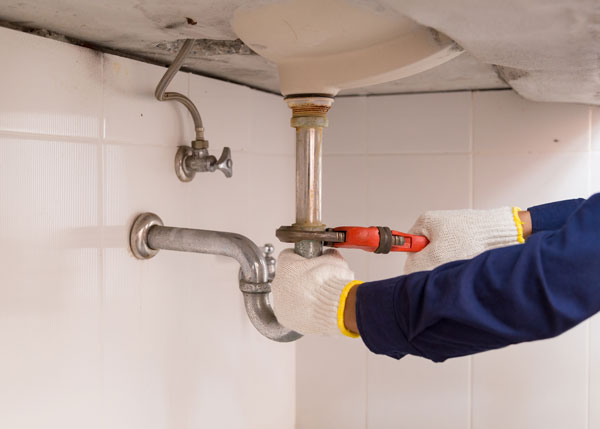All Categories
Featured
Before you rush to call a plumbing professional or make some poor Do it yourself choice, you might desire to take a look at these pipes tricks that can save you time and cash. It's crucial to recognize where you water closed off shutoff is in your home, as this can conserve you from more major damage when pipes issues take place.
As soon as everything is switched off, take a look at your water meter. If the meter remains to move, it's most likely that you have a leak someplace in your system. This approach will not inform you where the leakage stems, yet it's a great first step towards determining a trouble. An ongoing movement on your water meter when all water resources are transformed off is a clear warning that requires prompt interest.
Nevertheless, slow-moving drains pipes are usually a very early indication of a larger issue. It might suggest an obstruction in the making, a problem with your sewer line, and even tree origins penetrating your pipes. As opposed to waiting for the drain to come to be completely obstructed, do something about it as quickly as you observe a slowdown.

If these don't work, it may be time to employ a specialist. Overlooking the issue might lead to extra major and expensive troubles down the line. Recognizing where your primary water shutoff valve is can save you from prospective water damages in situation of a significant leak or pipes catastrophe.
Is Diy Plumbing Safe?
Make certain every family grown-up recognizes where the shutoff valve is and how to utilize it. In the event of a significant leak, promptly turning off your home's water can lessen damages and provide you assurance while you await a plumbing to show up. It's a prominent notion that chemical drain cleansers are the utmost remedy for clogged drains pipes an idea that couldn't be further from the reality.
The chemicals can corrode the inner lining of the pipelines, bring about damaged structures, leaks, and even pipeline bursts. The environmental implications of these chemicals are substantial. They can permeate into groundwater and contaminate it, positioning threats to local environments. The cost of these prospective damages far outweighs the price of any type of temporary comfort these cleansers might provide.
These tools can efficiently clear blockages without causing any kind of damage to your pipelines. If these methods don't work, do not be reluctant to call a specialist.

Over-tightening can lead to numerous troubles, including removed screws and damaged bolts, resulting in leaks or even water damage. This usual mistake in DIY plumbing tasks can transform a minor fixing right into an expensive undertaking. Rather, strive for a tight fit. The fitting need to be limited sufficient to avoid leaks however not so tight that it places unnecessary stress on the equipment.
Is Diy Plumbing Safe?
Plumbing professional's tape, or Teflon or thread seal tape, is a must-have device for every homeowner. It creates leak-proof seals at pipeline strings, avoiding leakages at joints and connections.

Before attaching any kind of installations, take a minute to cover a couple of layers of plumbing's tape around the threads in a clockwise instructions. Ensure the tape covers all the strings and is wrapped snugly. This straightforward yet vital action can conserve you from managing aggravating leaks down the line.
Remember that for bigger problems, specialist help is constantly advised. Sink sprayers can be very hassle-free yet can likewise come to be aggravating when they fail to prolong fully or obtain stuck. This usual problem commonly happens when the sprayer hose pipe gets gotten on the shutoff valves. To stop this from happening, consider mounting pipe insulation.
And also, during colder months, pipe insulation can aid stop your pipes from freezing and rupturing a circumstance that can bring about costly repair services. When it pertains to securing components like faucets, lots of DIY enthusiasts naturally grab a plumbing professional's putty. However there's an option that could serve you better silicone caulk.
Is Diy Plumbing Safe?
This flexibility enables it to fit minor changes or activities without breaking the seal, supplying a more sturdy and durable option. Simply keep in mind to allow the caulk remedy completely according to the manufacturer's guidelines prior to exposing it to water to guarantee the very best results. "Doping" in pipes describes using pipe dope, or pipe joint compound, to the threads of pipes connections before they're screwed with each other.
Latest Posts
Plumbing nearby ,
Plumber
Emergency Plumbing